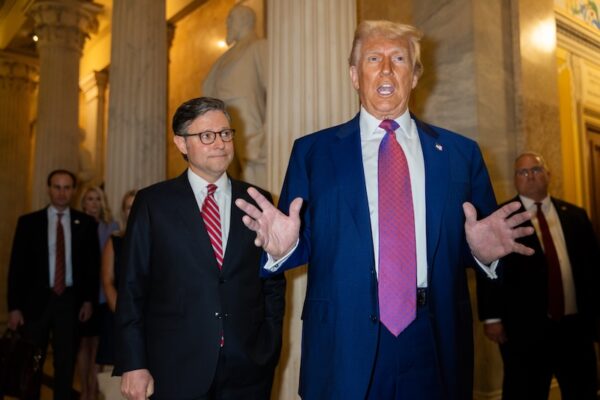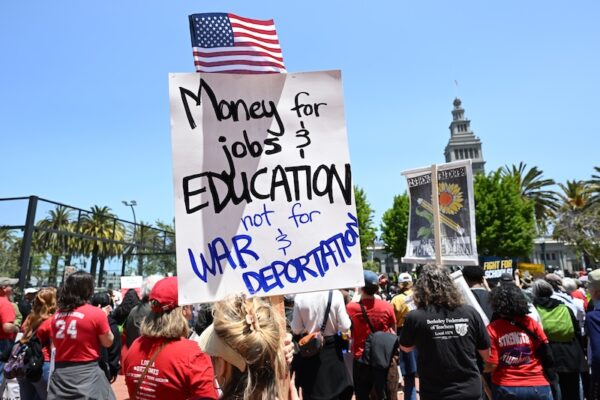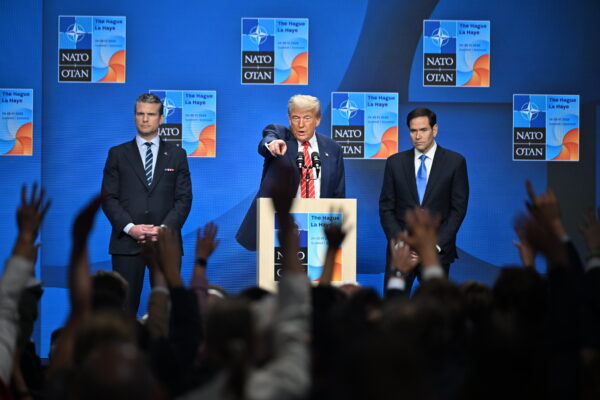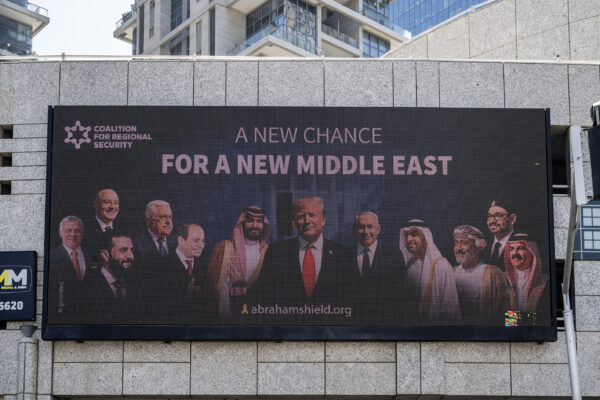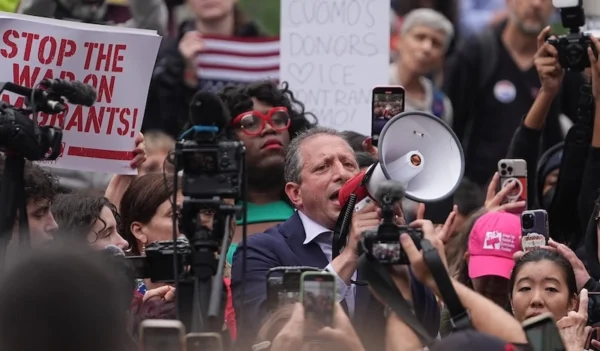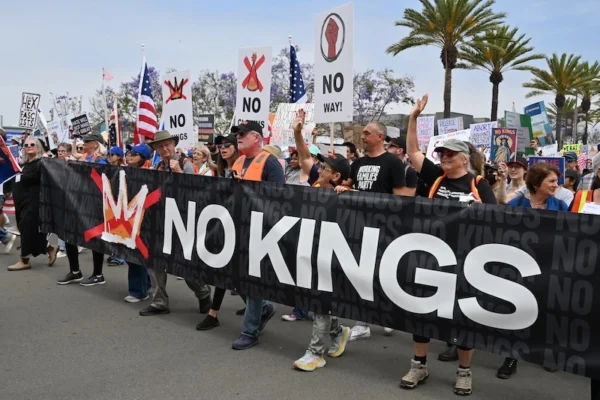“Implications of the Gulf Crisis for the US and the Middle East” Panel Event
On September 14, 2017, The SETA Foundation at Washington D.C. hosted a panel event on the ongoing Gulf Crisis entitled, “Implications of the Gulf Crisis for the US and the Middle East.” Panelists included Mark Perry, Independent Author and Journalist; Geoffrey Aronson, President of The Mortons Group; Amjad Atallah, CEO of Vortex International; Kilic Kanat, Research Director at The SETA Foundation at Washington DC; and was moderated by Kadir Ustun, the Executive Director at The SETA Foundation at Washington DC.
Discussing the base cause of the crisis, Amjad Atallah stressed that it was not because of Al Jazeera or Qatar’s decision to shelter Muslim Brotherhood members, but is due to Saudi Arabia’s decision to act as the protector of the status quo and stability in the region. “Saudi Arabia has remained consistent and stable and defines itself as a status quo power, and fearful of political changes” Atallah said. During the Arab Spring, Saudi Arabia found itself confronted by both Qatar and Turkey who chose to extend their support to those who called for change in the region. The current embargo and crisis are part of an effort to bring Qatar back into line with Saudi Arabia’s foreign policy. Atallah further argued that this decision, and others, has created openings for Iran to assert itself and seize more influence in the region.
Kilic Kanat argued that the Gulf Crisis caught most observers by surprise. For Turkey, the crisis brought its long-standing policy of regional neutrality to a crossroads. Initially, Turkey avoided picking a side, but that changed after Saudi Arabia issued its first set of concessions it expected from Qatar, which included closing the Turkish military base in Qatar. Turkey places a great deal of value on that base as a step towards establishing greater military capacity in the region. While Kanat stated that he does not expect the crisis to become a military conflict, he certainly does not expect it to be resolved anytime soon. For now, Kanat recommended that Turkey avoid intensifying the rhetoric around the crisis and act with the stability of the region in mind.
Examining the Gulf Cooperation Council, Geoffrey Aronson argued that the GCC is a result of the weakness of the Gulf States themselves. Aronson suggested that while the crisis was an initial shock to Qatar, it can be capitalized on and used to Qatar’s advantage. It exposed Qatar’s dependence on its banking sector and trade with its Gulf neighbors, and Qatar has taken steps to increase trade with other actors, such as Oman and Pakistan, expanding its relations outside of the Gulf. Speaking to US policy, Aronson criticized the ambiguity, contending that it hurts US prestige and that the US should adopt a clear policy.
Mark Perry declared that “history is made by mistakes” such as Saudi Arabia’s decision to instigate the crisis. While Saudi Arabia had hoped and expected the US to take their side against Qatar, they appear to have miscalculated. Besides President Trump himself, most of the US cabinet appears to be more friendly towards Qatar than Saudi Arabia. While issues such as the Sunni-Shia conflict or the ‘youth bulge’ in the Middle East are often the most cited factors, Perry maintained that misconceptions like Saudi Arabia’s are the more crucial driving points in regional developments.
Implications Of The Gulf Crisis For The US And The Middle East










